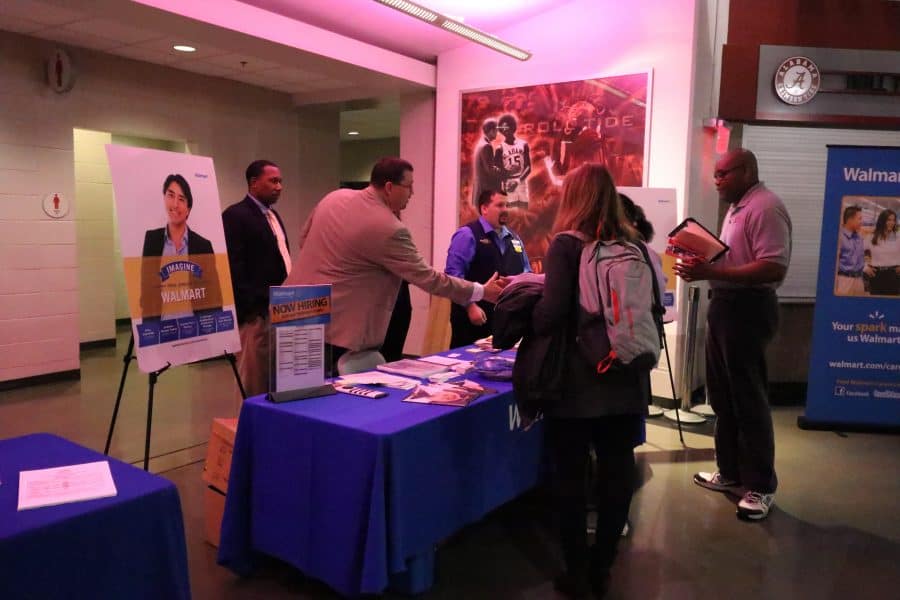Internships can provide professional experience in your field networking throughout your career. However, many internships are unpaid, and students often overlook the cost of working an unpaid position.
As college students, the opportunity to work in an internship position is something most people will do before they graduate. While working those internships and making money, you might be spending money at the same time. But internships can differ from person to person, depending on the position and where you’re interning.
Junior Jeff Mays, an aerospace engineering major, was employed in an internship with Boeing in Charleston, South Carolina. Living in a bigger and older city like Charleston, the cost of everyday living can be a lot, but for Mays the biggest costs came from wanting to see the town and everything it had to offer.
Mays described miscellaneous costs like going to the beach, going out to eat or to breweries with friends and even spending some money on an out-of-town trip to North Carolina. For him, getting to experience a town like Charleston for a few months was an incredible experience. Living out of town was another source of financial cost to Mays, but luckily Boeing’s internship program allowed his options to be open.
“I stayed in housing that they offered to pay partly for,” Mays said. “They also had an option where they gave you a certain amount of money to find your own place, but everything is expensive and I wanted a roommate that was also working at Boeing.”
The costs of working an internship can be steep if you intern in a big city like Orlando, too. As a professional intern for Walt Disney World, Nathan Glover, a senior majoring in computer science and finance, lived in Orlando for several months. Although Orlando is a big city similar to Charleston, the presence of Disney World, Universal and many other venues made the cost of living there for a few months even greater.
Although the internship itself did not cost any money, the proximity to the Disney parks opened the door to more spending opportunities. Glover described how living vacation life in Disney World every day inspired him to experience as much as he could.
“I spent the most on food, because I hardly ever cooked anything at home,” Glover said. “It was always like whatever let’s pay $20 for tacos and churros at EPCOT. I had Disney dining like maybe 2 or 3 times a week for dinner, and then either went out to eat for dinner or cooked something very small and tragic for dinner.”
Disney provided housing for its professional interns by taking the cost of housing out of the intern’s paychecks each month. That housing was located near a Publix grocery store so interns had the ability to purchase their own groceries and cook in the apartments if they needed to.
“My friend took her lunch every day to work, which I found really impressive,” Glover said. “That would have saved me a bunch of money. I just didn’t want to take the time in the morning to do that. Lunches would either be Chick-Fil-A or Earl of Sandwich, which had a working cast member discount.”
Some students find internships where they live, which cuts out the cost of housing. Senior Emma Harchanko, majoring in public relations and minoring in political science, worked at an internship with Dynetics in Huntsville, close enough that she could commute from her home in New Market.
After spending a summer in Washington D.C. interning, Harchanko’s internship experience staying at home was a relief. The cost of living by herself in D.C. was already steep, but being able to stay at home and not worry about cost of living as much was key.
“It was wonderful,” Harchanko said. “It allowed me to not work during the school year and just focus on my classes.”









